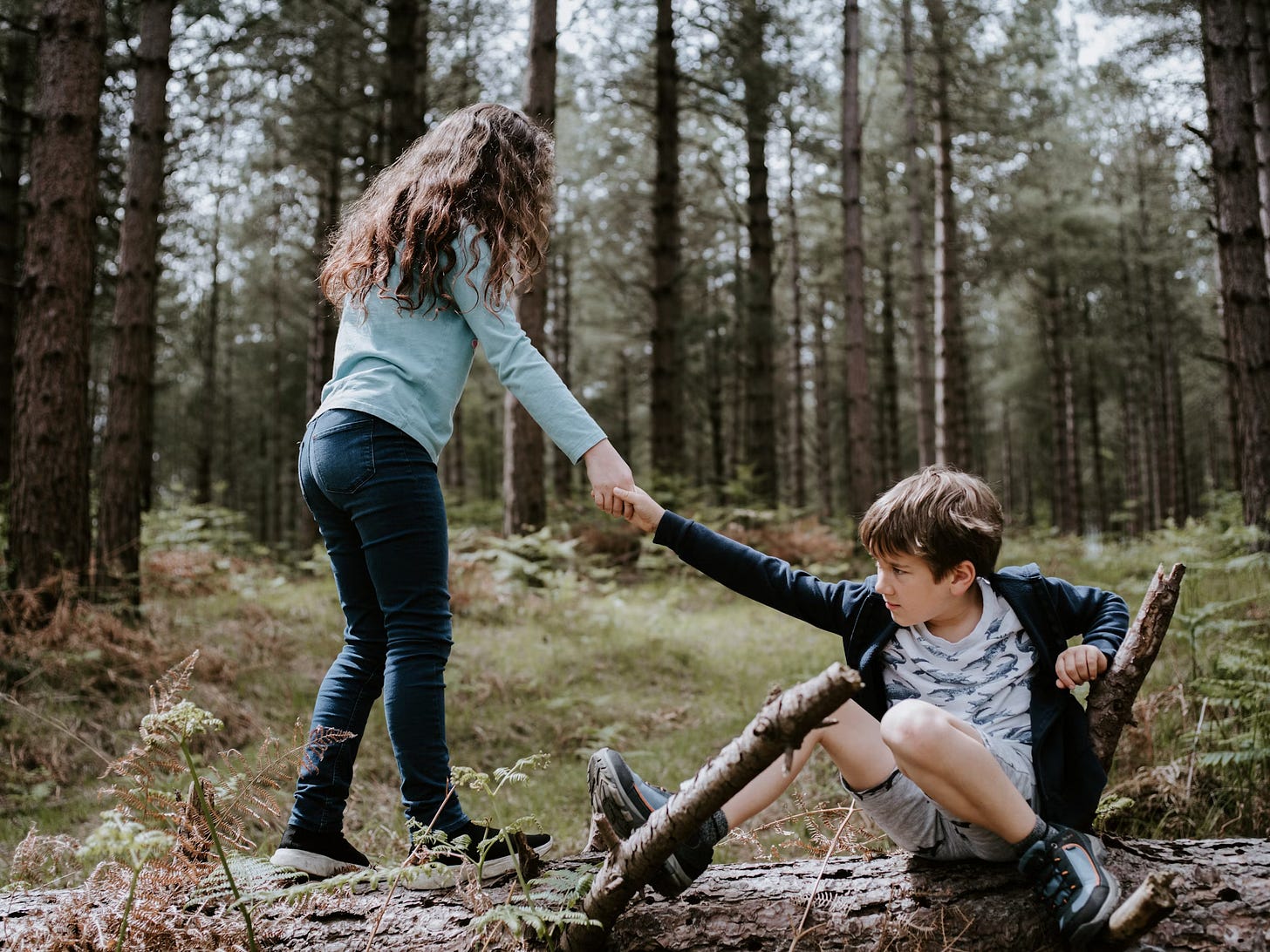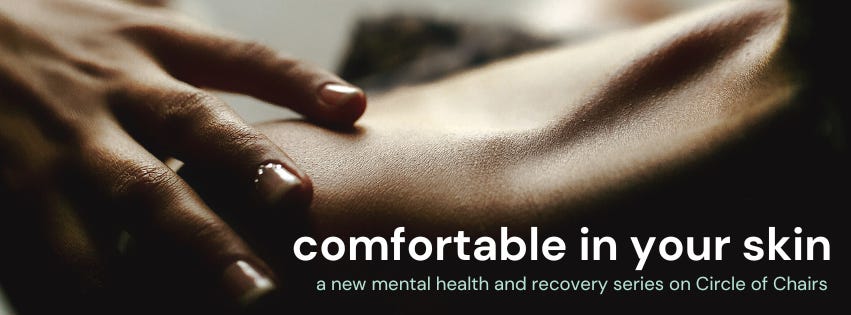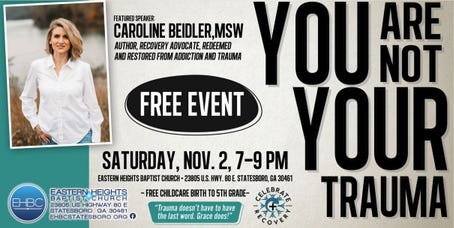A kind of holy magic is enfolded into our daily acts of calling. By aiming to serve our neighbors with our gifts, abilities, and resources, we overlay society with what I like to call heaven culture. –
*
When I had about 4 months sober, I wandered into an outpatient treatment center because a young woman I met at a meeting asked me to go with her. At the time, I didn’t think about insurance or referrals or that I probably needed to be a patient at this treatment center, so I went with her on a Tuesday evening to group.
Now, I’d been to inpatient treatment enough times to know that “group” meant uncomfortably sitting in a circle of chairs with strangers who came together under a common love or bend towards substances and self-destruction. I said “yes” to my new friend because her eyes were wide, her voice was pleading, and I knew her fear:
Sobriety early on can be intimidating and scary.
My prediction was correct: it was an uncomfortable circle of chairs.
We sat down and immediately the group leader, Shelly, a counselor who I would come to know intimately, asked this:
“Who are you?”
That was a good question, I remember thinking.
I was just beginning to get to know my self again as a sober person.
I explained the situation, that I’d met my friend at a meeting and she asked me to come. Immediately Shelly asked how much time I had in recovery and I told her proudly, “4 months.”
I heard audible gasps.
4 months felt like an impossible eternity to some. It did to me, too.
Shelly was quiet for a moment. I could feel her looking into my eyes, searching them.
Then she said:
“We are looking for mentors. People with more than 90 days of sobriety who are willing to show up for other women here. Will you be a mentor?”
At that time, the program was new, and the requirements and policies were different than they likely are today. I didn’t sign my name on a dotted line, but I nodded my head.
Yes, I’ll be a mentor.
No, I don’t feel ready.
Really, you really think I have something to offer?—these thoughts plagued my mind.
And yet, this is the moment when my purpose was born in recovery.
When I said yes.
Photo by Annie Spratt on Unsplash
Purpose is Proven
The Substance Abuse and Mental Health Services Administration (SAMHSA) recognizes purpose as one of the core four elements of recovery (the others being health, home, and community). For those of us in or seeking recovery, purpose can be the difference between life and death.
For me in early sobriety, I needed something outside of myself to focus on. I needed a why that wasn’t me. The same is true for me today.
In the realm of addiction recovery, having a sense of purpose is significant. It enables us to face feelings of emptiness and hopelessness head-on. When we can discover meaning and new passions, we build a solid foundation for enduring sobriety. Purpose can look different for different people, too. Maybe it’s volunteering at a meeting, maybe it’s being a sponsor, maybe it's writing books or speaking or going back to school, or starting a family.
It’s okay to need more for our lives than sobriety for its own sake.
What is your purpose in recovery? Share your comments below to encourage another person on their journey.
Photo by Kenny Eliason on Unsplash
Exciting announcement about what’s next
Hundreds of you (yes, hundreds!) recently answered a survey about what is important to you when it comes to recovery.
I’ve got a new series coming that you don’t want to miss.
When asked what topics resonate the most with you, you shared that mental health support is the #1 thing you care about right now.
I feel you.
That’s why over the next several weeks, I’ll be launching a new series focusing on mental health and recovery: Comfortable in Your Skin.
And no, this is not a Dove body wash ad.
[but don’t you love this graphic?]
What would it be like if we could walk into a room and feel comfortable? Secure? Alive? At home?
What if those lingering shadows of self-doubt and insecurity were gone?
What if our mental health was healthy? How could we show up for our loved ones? How could we show up for ourselves?
In my next series, we will explore topics like anxiety, low self-confidence, self-doubt, and stress, as well as tools to help us heal. We will learn how to feel safe in our bodies, secure in ourselves, and comfortable in our skin.
Are you ready?
It’s going to be gritty. It’s going to be enlightening. I can’t guarantee it will be comfortable, but it’s going to be worth it.
Will you join me?
Comment below or message me if you are interested in learning more. If you are a writer and would like to submit a story or guest post for this series. Send me a message, too.
You can also join me in person at some exciting upcoming events...
If you are looking forward to the new series, can I ask if you’d consider investing in this work? For the cost of less than a cup of coffee a month, you can keep these keys clicking. Your support means so much to me. Thank you.







I appreciate the question!
Last year, before entering a hospital in Moab for pneumonia, I assumed I would die. I was wrong.
Instead, it transformed my relationship with the world and deepened my purpose: Empowering families to create conditions that inspire multiple productive conversations about addiction in the family.
I love this piece and I feel it ties so nicely into the series you are rolling out. For me, finding some purpose in my day is what maintains and sustains my mental health.
I look forward to following along! Thank you for your continued service in sharing your voice and resources, Caroline. 💜🙏🏼